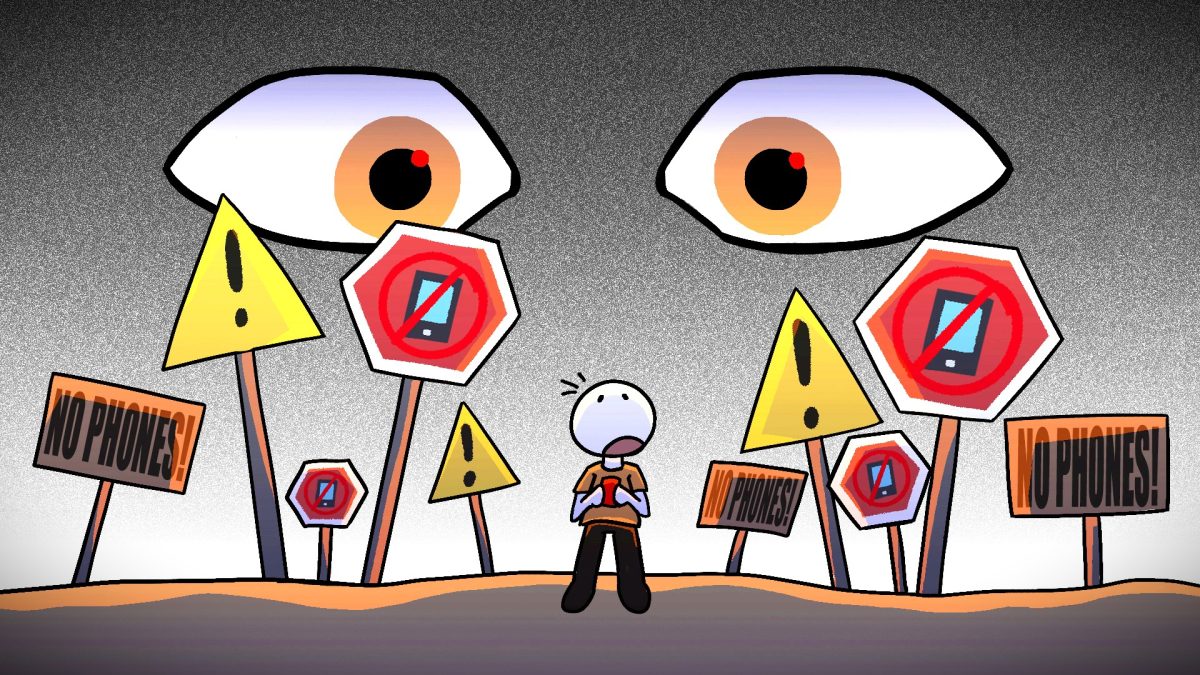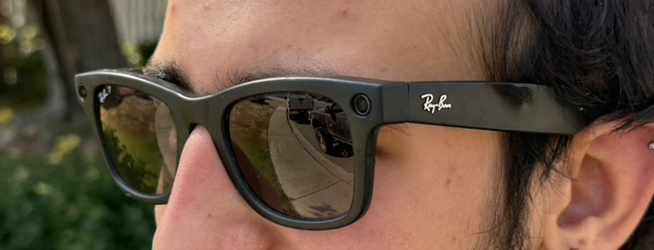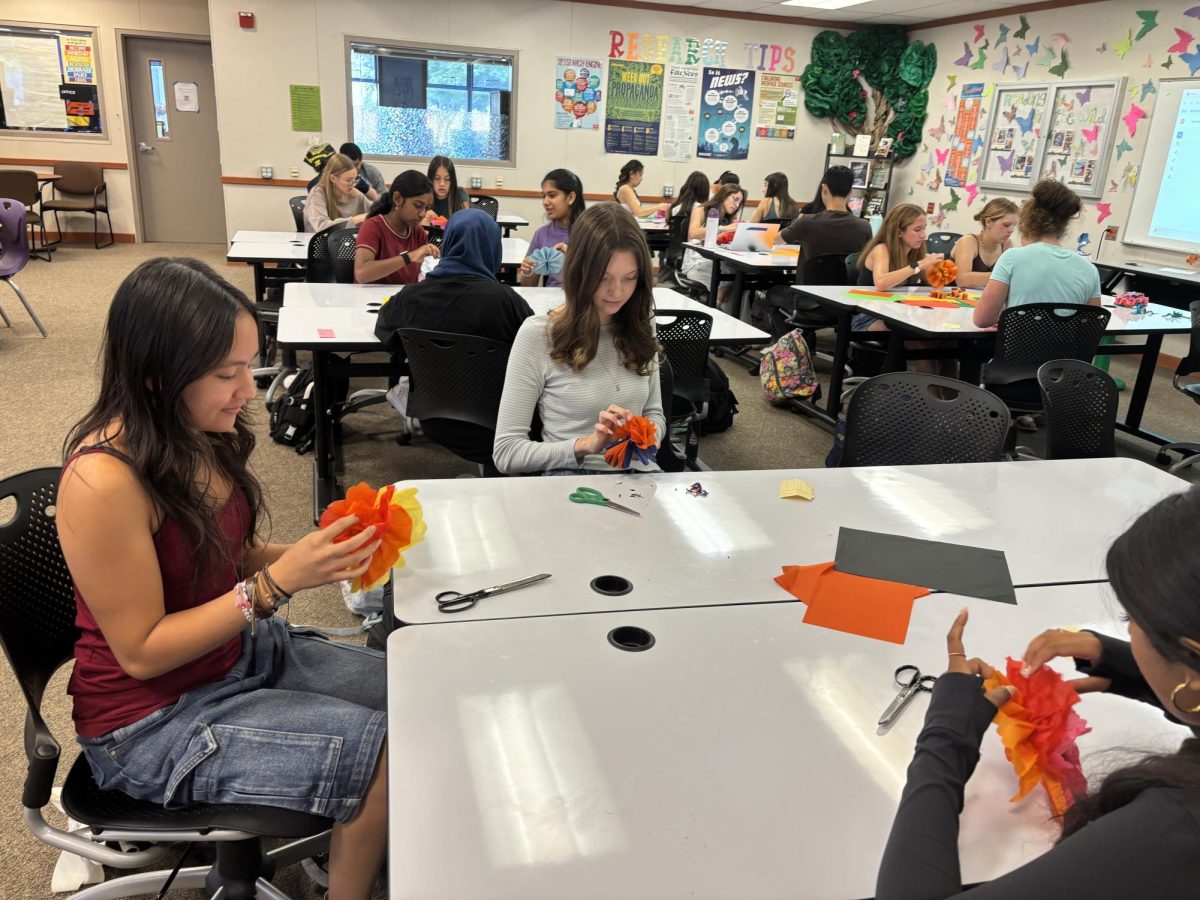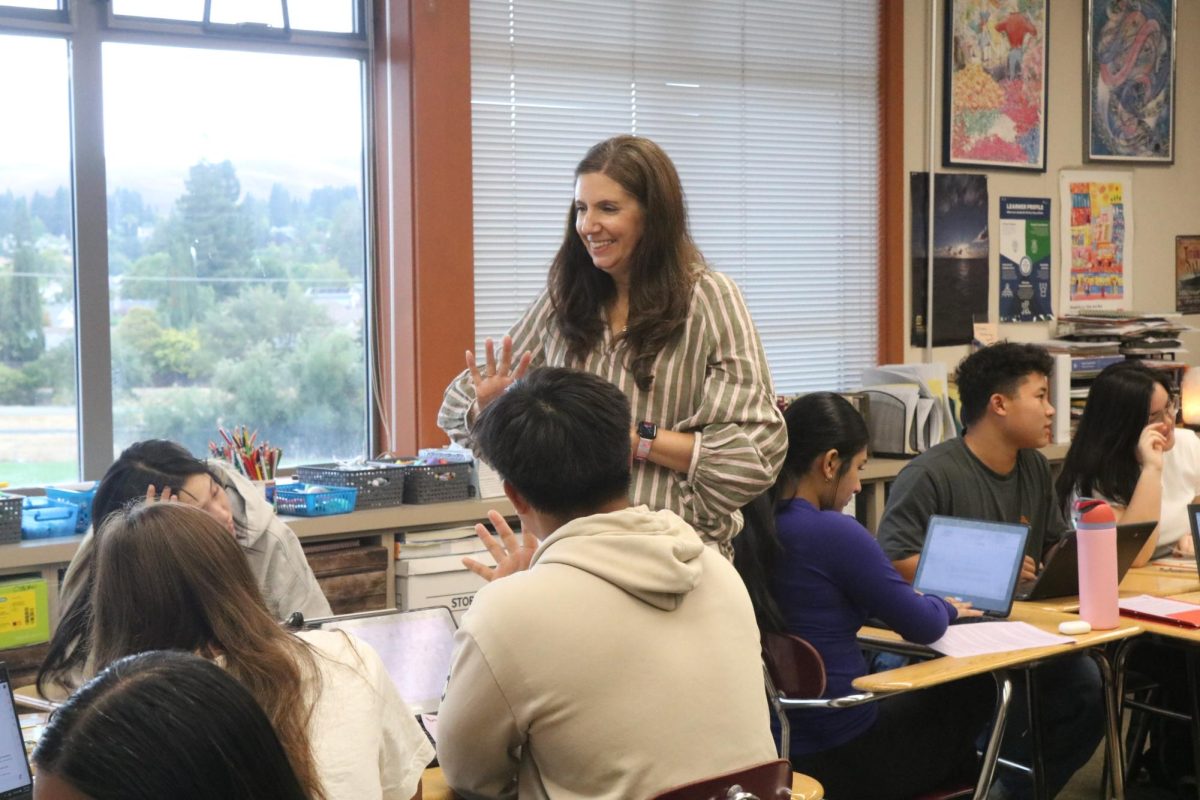Around Cal High’s campus this year, students face new cell phone policies implemented by the school district that have led to some teachers forcing students to store their phones away in their backpacks or “phone jails” during class time.
While California’s Phone-Free Schools Act doesn’t officially go into effect until July 1, 2026, new rules are already being enforced at Cal and throughout the San Ramon Valley Unified School District in order to comply with the new law, which mandates schools to implement some type of phone-regulating policy before July.
Students at Cal and other district high schools can now only use their phone during lunch, brunch and passing periods.
“A lot of data out there proves that our cell phone addictions are heavy upon us,” Principal Demetrius Ball said. “It’s important that we minimize the amount of distractions the students have in class.”
Many teachers are enforcing the policy by having students leave phones in “phone jails,” which are pockets hung on classroom walls for devices to be stored during class time. All teachers have the option to use their own systems in the classroom to store phones.
History teacher Jackson Collins doesn’t use a phone jail, but does enforce putting phones away during class.
“It unequivocally makes [teaching] easier,” Collins said.
Biology teacher Erica Steadman said she hasn’t had to enforce the use of a phone jail this year. She said that her freshman students haven’t been using their phones excessively enough for her to need it.
“Teachers and students are both saying that there’s more engagement in the classroom,” Ball said.
Ball described multiple instances of appraisal for the phone policies by both students and teachers. He also said instances of phones being confiscated by the office have decreased this year.
In a survey emailed to all Cal High students by The Californian, when asked what they liked most of the new phone policies, 81 of the 267 (34.2%) students that were surveyed said they liked how the new phone policies make it harder for students to cheat on assignments or tests.
Other popular reasons why students like the new policies revolve around how they increase class time productivity.
While the phone policies have had a positive effect on student participation in certain aspects, some students still aren’t too happy about them.
In that same survey, 161 of 267 respondents (60.3%) disliked the new policies overall, 16 of 267 (6%) liked them and 90 of 267 (33.7%) felt neutral.
When asked why students don’t like the new policies, the biggest reason was the inability to listen to music during class, with 199 of 267 respondents (75.1%) agreeing to this.
Additionally, students dislike the policies because it’s more difficult for them to contact friends and family, and they can’t relax with their phones after completing classwork.
“I think they’re effective, but personally I don’t like them,” sophomore Raquel Porter said.
Some students see the policies in a better light, though.
Junior Shaun Presley said when students use their phones during class time to play games or engage in other activities, it becomes a clear distraction.
“If you’re just using it to like, play video games or something like that, obviously you’re going to be distracted,” Presley said.
But some teachers aren’t enforcing any strict cellphone policy. 73 of 267(30.8%) respondents said their teachers don’t enforce a phone jail or related system.
The reason these policies are being implemented in California and other states is because of growing concerns over the toll devices take on mental health.
The new law signed by Gov. Newsom is a result of the mental health worries of the large presence of smartphones and other smart devices in the classroom.
“Phones will always be more interesting than whatever is being taught in your English or history class that day,” Collins said.








